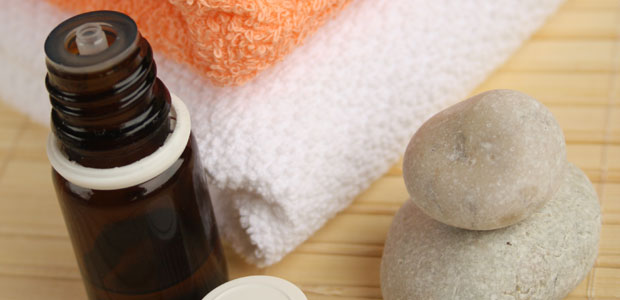Advertisement
The Healing Power of Tea Tree Oil
A natural first aid treatment

Tea tree oil is concentrated plant oil from the leaves of a Melaleuca alternifolia tree. Native to Australian coastal areas, the tree is a member of the myrtle family.
The aborigines of Australia first discovered the healing properties of tea tree oil thousands of years ago. They supposedly crushed the leaves of the tree and applied them to cuts, burns, and infections.
In the 1770s, the British explorer Captain Cook observed the native Australians brewing tea from the tree’s leaves. He tried it himself and gave it to his crew in to prevent scurvy. He’s credited as coming up with the name “tea tree.”
A natural first aid treatment, the oil can be used on the skin as a herbal remedy to treat a variety of infections and cuts.
First aid in a bottle
Antiseptic and antibacterial
Research suggests that tea tree oil has antiseptic and antibacterial properties when used on the skin to kill germs, including those that are resistant to methicillin, vancomycin, and other antibiotics.
Antifungal
Other laboratory studies point to its benefits in warding off some types of fungus. For instance, in studies looking at whether tea tree oil helped fungal toenail infections, it compared well to clotrimazole creme, an antifungal medication.
Athlete’s foot
Athlete’s foot is condition tea tree oil can treat. Topical application of a 10 percent solution compares well to tolnaftate 1 percent creme, another medical ointment, for relieving symptoms such as scaling, inflammation, itching, and burning. A stronger solution (25 or 50 percent) appears to relieve symptoms and clear up the infection in some people in about four weeks.
Other uses
Proponents say tea tree oil can also be used to treat insect bites, acne, head lice, eczema, and vaginal yeast infections.
How is tea tree oil used as natural first aid?
Tea tree oil can be used at full strength or diluted with water. It can be applied directly to the skin with a cotton swab.
It can also be found in ointments, cremes, and lotions. Tea tree oil is often sold in dark glass bottles to prevent light from affecting its potency.
Tea tree oil should never be taken internally. Women who are pregnant or breast feeding should consult their health care practitioner before using it.





